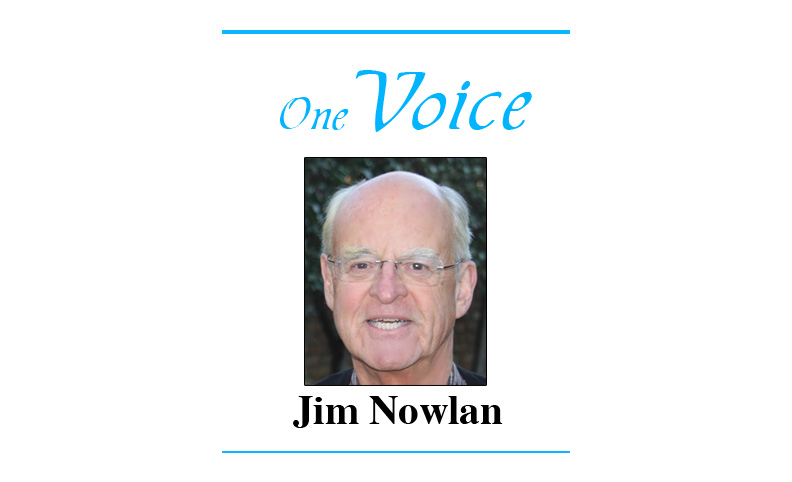
The recent admission by behemoth electric utility Commonwealth Edison that it repeatedly bribed minions of Illinois House speaker Mike Madigan for years (of course, Madigan knew nothing about all this; sure, right) was breath-taking for its brazenness.
The bribery is a classic example of otherwise upright citizens fueling the culture of corruption that has tainted Illinois since at least the late 19th Century.
This is known as “the Illinois Way” of doing political business, that is, paying off the political gatekeepers to get your way with legislation and other needed favors. In this case, ComEd agreed to pay $200 Million of company money to the federal government, presumably to keep the prosecutors from going after the individual company executives who perpetrated the bribery. Ironically, this is yet another payoff, to my mind.
A quick look at my archives (jimnowlan.com) shows that I have written about our culture of corruption a dozen times since 2010. What do I mean by that? Not that all of us are corrupt, but that too many of us would take advantage of government if given the opportunity, say, to get a DUI fixed or grease the skids to win a state contract. And we might expect our big campaign contribution would take us to the front of the line when we need something from government.
When teaching American politics to pre-law students at the University of Illinois in the early 2000s, I queried each class as to whether they would pay a bribe under the table to get a sibling out of a really tough DUI charge. Consistently, two-thirds of the students in each class said, Yes, they would do so (responding anonymously).
Why, I asked? Because “anybody else would do so if in their situation,” and because “that’s the way it’s done in Illinois.” I call this a pattern of learned behavior, or a cultural value, passed along from father to son and daughter, and around the neighborhood.
That’s what ComEd consciously decided to do, in a tough situation. ComEd is a regulated utility, so it needs the okay of the legislature to get its rates upped, and for many other of its objectives. Madigan, speaker of the House for almost four decades, literally owns the space in which ComEd has to operate. Madigan’s arrogance of dominance was so galling that ComEd even acceded to his demand that the company put one of his political fiends on their board of directors!
This exchange could not have happened in Minnesota and Iowa, though it could in some other states that are known for political corruption. I checked with knowledgeable reporter-editor friends of mine in Minnesota and Iowa and asked: “How would utilities and other big businesses in your state respond if they were told they had to pay to play?”
I was told the companies would simply say: “We won’t play your game, and if you persist in your demands, we’re going to spill the beans to law enforcement.”
“Yeah, but Illinois is different,” ComEd execs might retort. “Our company and stockholders could suffer badly if we didn’t play ball.”
ComEd officials could have just said No, as in Minnesota and Iowa. The company might suffer, initially, from certain politicians who like the Illinois Way. Yet, can you imagine elected officials ultimately harming the flow of reliable electric power to their own constituents?
The guilty ComEd company execs who have escaped prosecution are, I’m sure, church-going paragons of virtue and success in their leafy suburbs. Yet they and others of us who would pay to play are as much a part of the culture of corruption as the elected officials who want to feather their political nests with ill-gotten bribes.
The Illinois culture of corruption won’t fade away until we all Just Say No. That would then become a new learned behavior, passed along to future generations.
Jim Nowlan is the lead co-author, with J. Thomas Johnson, of “Fixing Illinois: Politics and Policy in the Prairie State” (University of Illinois Press, 2014)

